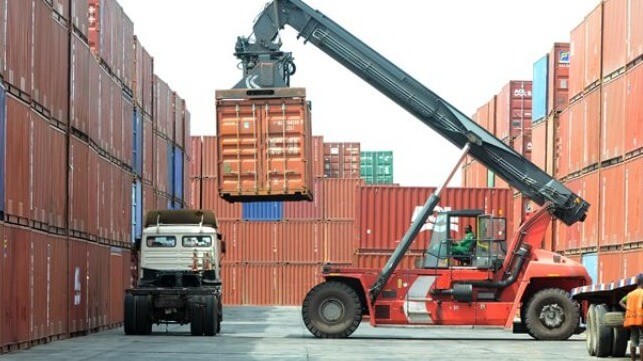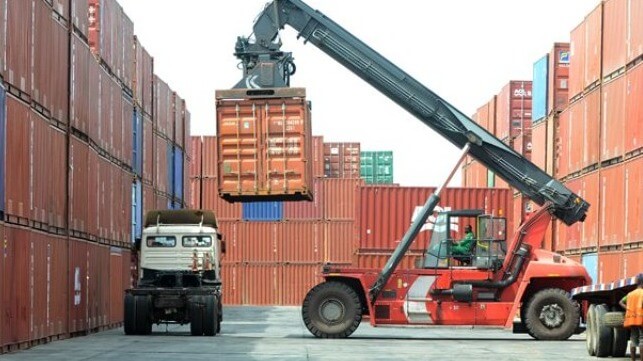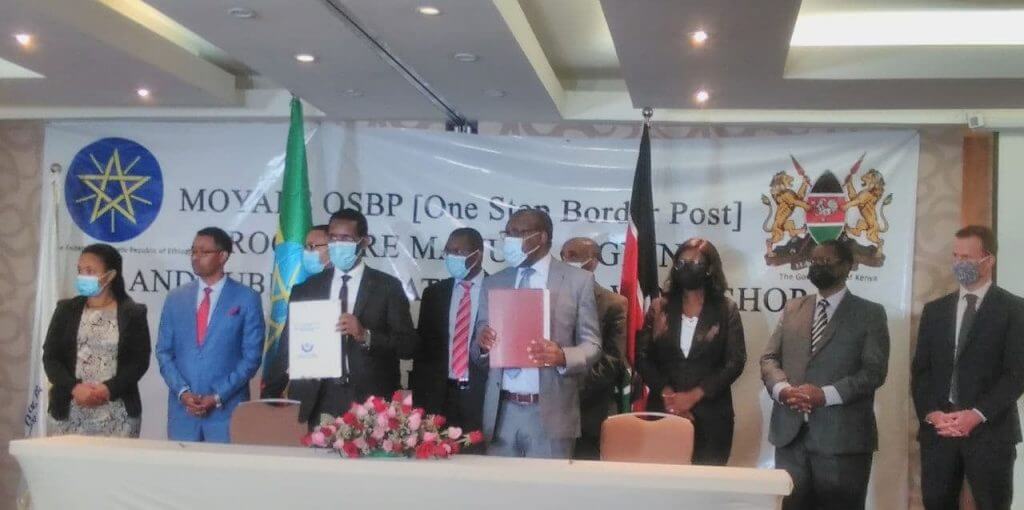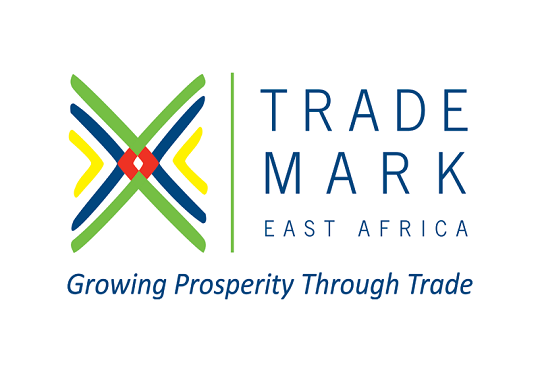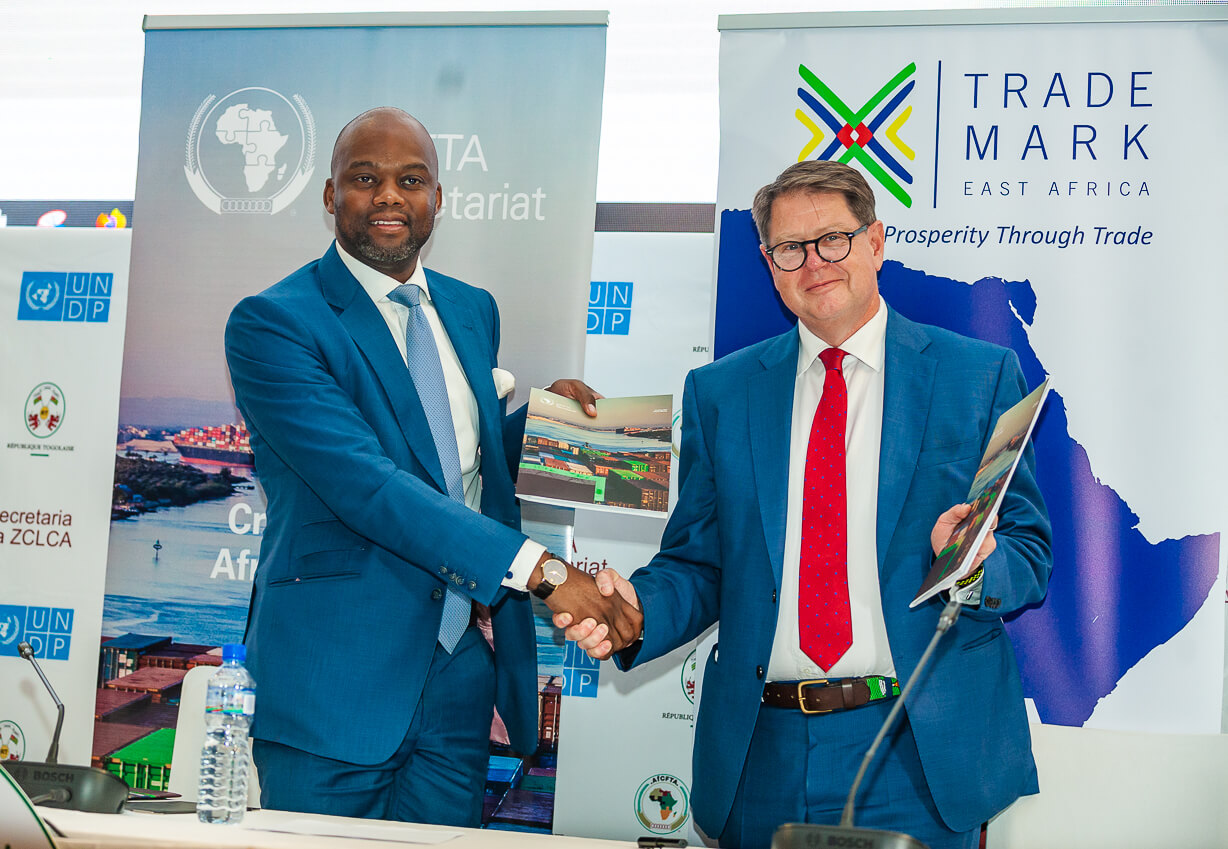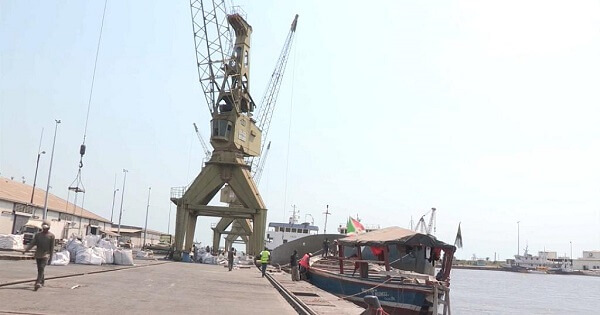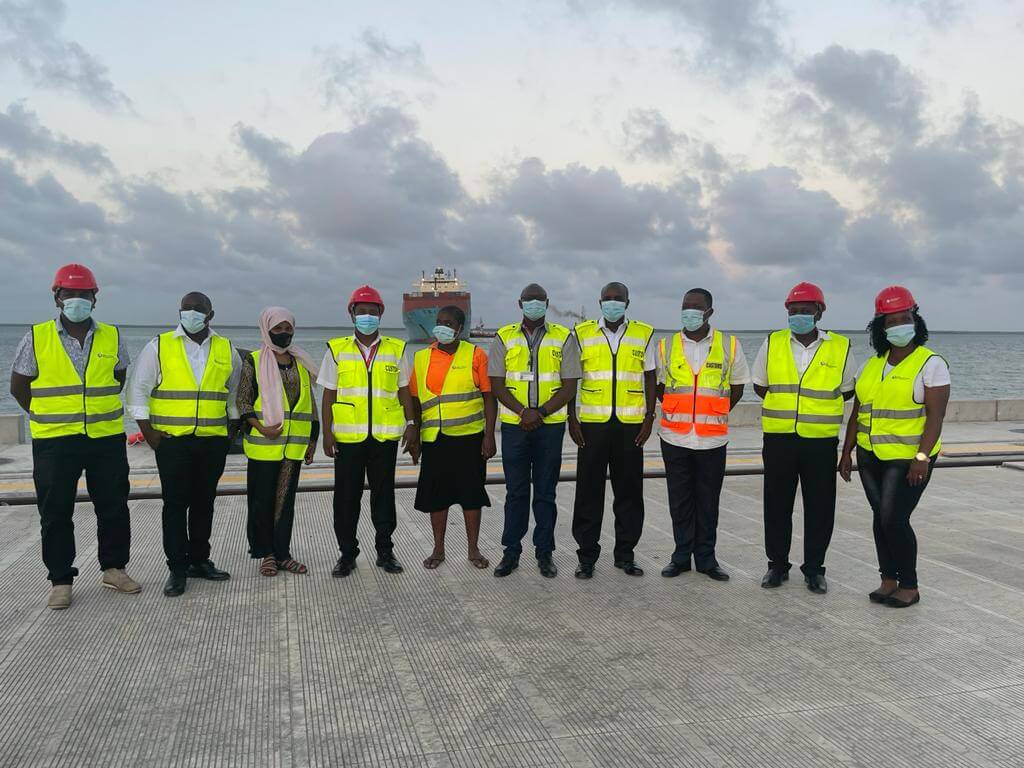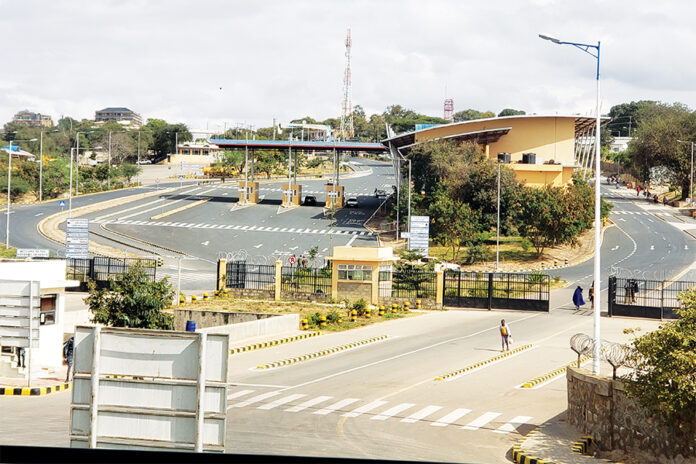THE East African Business Council Vice-Chairman Denis Karera has urged East African Community (EAC) partner states to finalise and submit tariff offers under the African Continental Free Trade Area (AfCFTA) . The move will enable the EAC countries to tap 1.3 billion continental market size, with a Gross Domestic Product (GDP) of 3tri/-, according to the EABC official. “Political will to duly implement the agreed commitments of the AfCFTA is a cornerstone to actualise the benefits of the continental agreement,” observed Mr Karera at the weekend. The EABC Vice-Chairperson, who was speaking at a Webinar on AfCFTA- Opportunities for the Private Sector, organised by EABC in partnership with United Nations Economic Commission for Africa (UNECA), further elaborated that protectionism and Non-Tariff Barriers(NTBs) could block the growth of intra-African trade and called for the embracement of the Pan-African mindset to push the AfCFTA agenda. Mr Karera also called for the involvement of the private sector in the negotiations and elaborated that EABC is committed to harmonising private sector positions, to hasten the execution of the AfCFTA. The agreement is set to boost Eastern Africa manufactured exports to the rest of Africa, in particular, textiles and clothing exports will increase by 100 per cent; heavy manufacturing by 63 per cent, while light manufacturing industry will increase by 61 per cent. Last week, Tanzania ratified AfCFTA, effectively joining a pact connecting countries with a total gross domestic product of $3.4 trillion. Minister of Industry and Trade, Prof Kitila Mkumbo, made the announcement via...
EAC urged to finalise tariff offers
Posted on: September 20, 2021
Posted on: September 20, 2021

